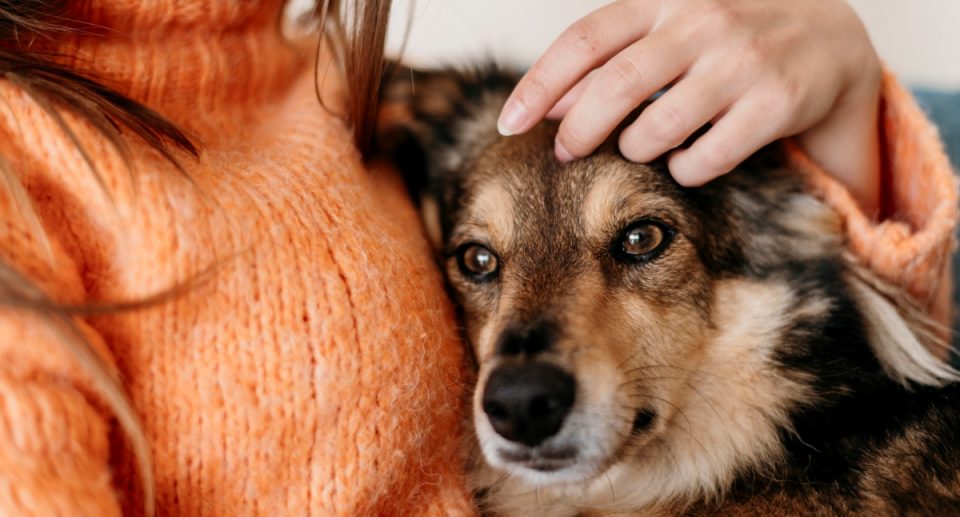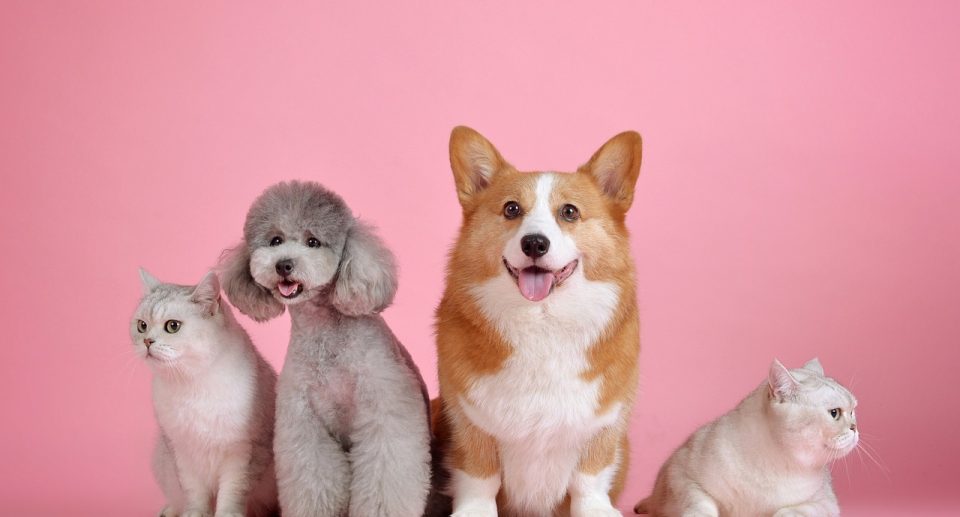Tips for Caring for a Senior Pet: Keeping Older Animals Healthy and Happy
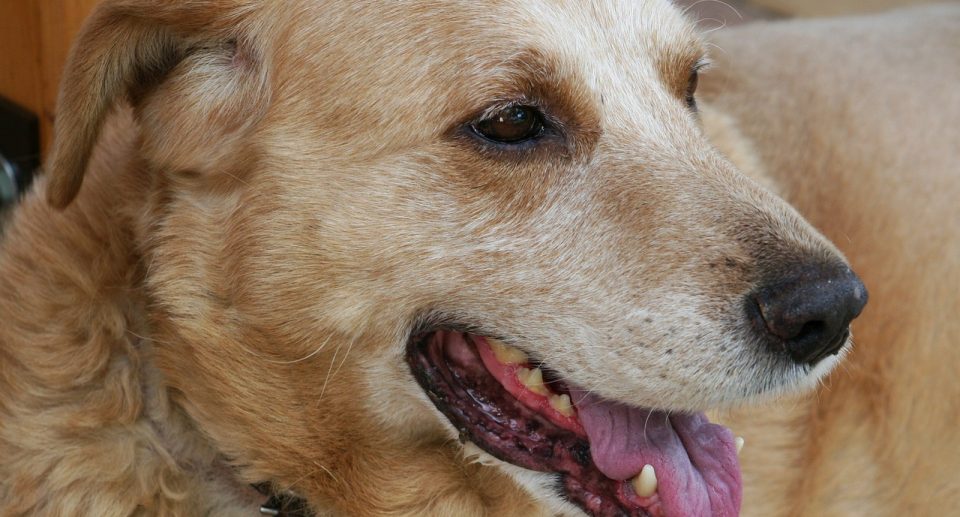
Caring for a senior pet requires special attention and understanding. As animals age, their physical and emotional needs change, requiring owners to adapt their care routines accordingly. Ensuring that senior pets remain healthy, comfortable, and happy is essential for enhancing their quality of life in their golden years. Here are some valuable tips for caring for senior pets, focusing on nutrition, exercise, regular veterinary visits, and creating a comfortable environment.
Understanding Senior Pets
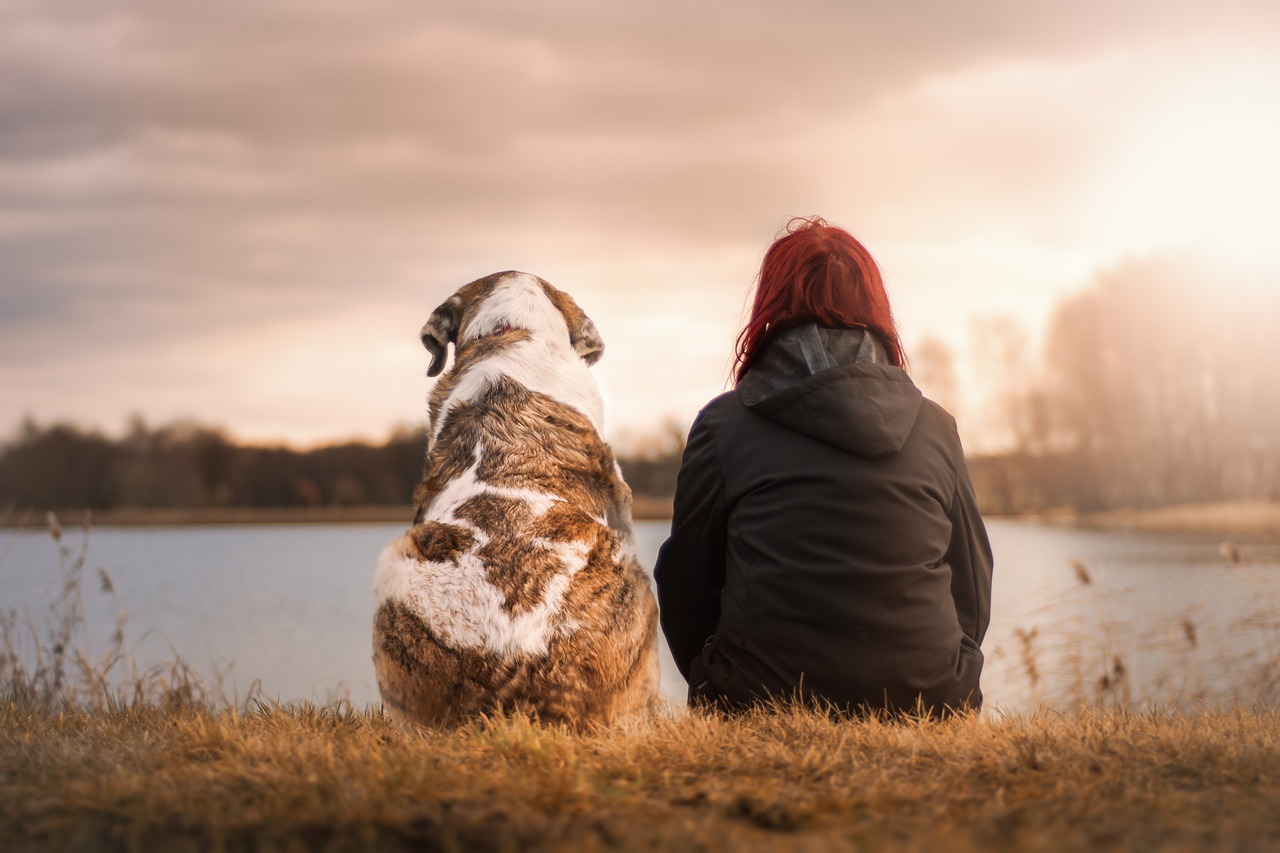
Recognizing the Signs of Aging
Before diving into care strategies, it’s important to recognize the signs of aging in pets. Common indicators include decreased energy levels, weight changes (loss or gain), changes in appetite, and alterations in behavior. Senior pets may also exhibit mobility issues, such as difficulty jumping or climbing stairs. Understanding these signs can help pet owners provide better care and make necessary adjustments to their pets’ lifestyles.
Veterinary Care
Regular veterinary check-ups are crucial for senior pets. As animals age, they become more susceptible to health issues such as arthritis, dental problems, kidney disease, and diabetes. It’s advisable to schedule semi-annual veterinary visits for senior pets, allowing for early detection and management of potential health concerns. Regular check-ups can help ensure that pets receive the preventive care they need to stay healthy.
Nutrition
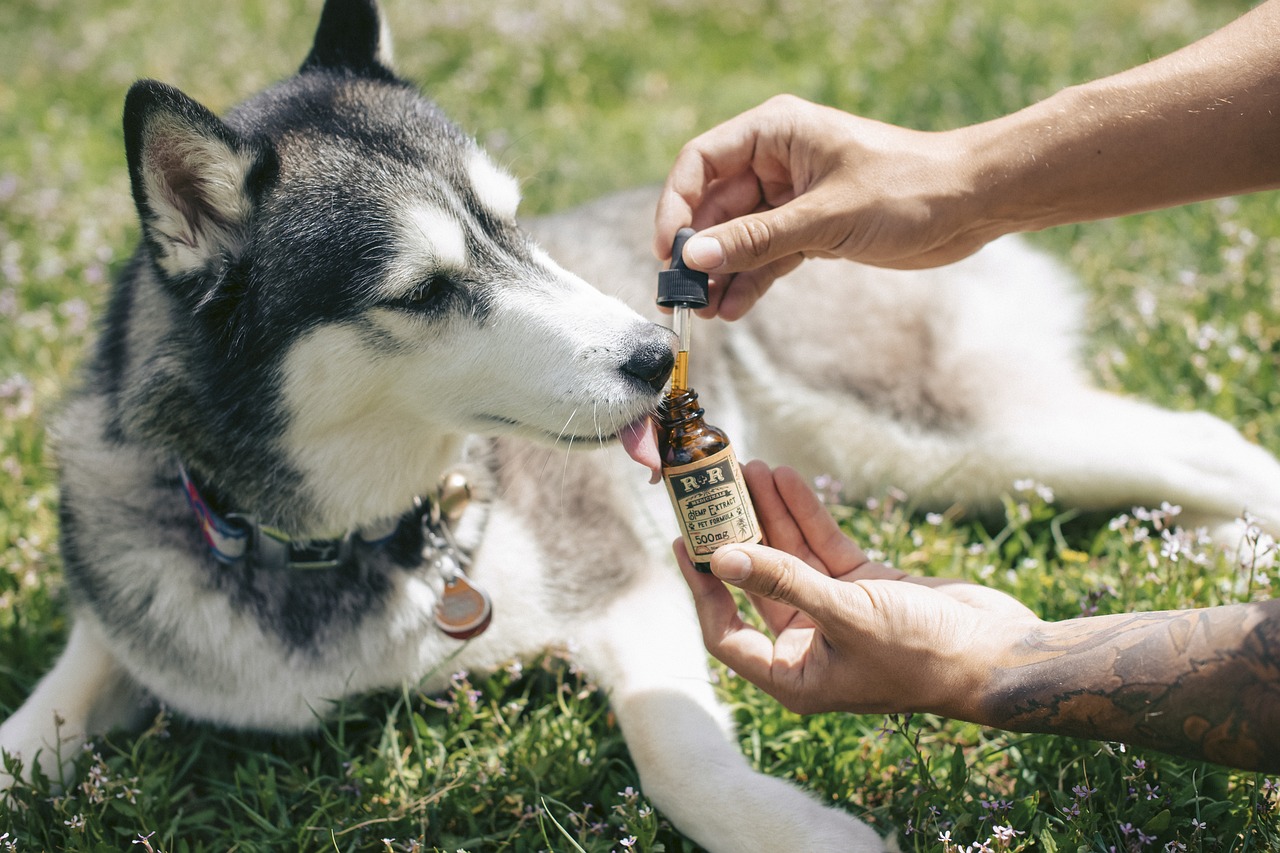
Special Dietary Needs
Senior pets often require different nutritional support compared to younger animals. Their metabolism may slow down, and they may have specific dietary needs based on health conditions. Opt for high-quality, age-appropriate pet food that contains essential nutrients tailored for senior animals. Look for food formulations that are lower in calories but rich in fiber, vitamins, and minerals to support healthy digestion and weight management.
Hydration
Older pets may be more prone to dehydration, making it essential to provide fresh water at all times. Monitor your pet’s water intake and encourage hydration, especially if you notice they are drinking less. You can also include wet food in their diet, as it contains higher moisture content, helping to keep them hydrated.
Exercise and Activity
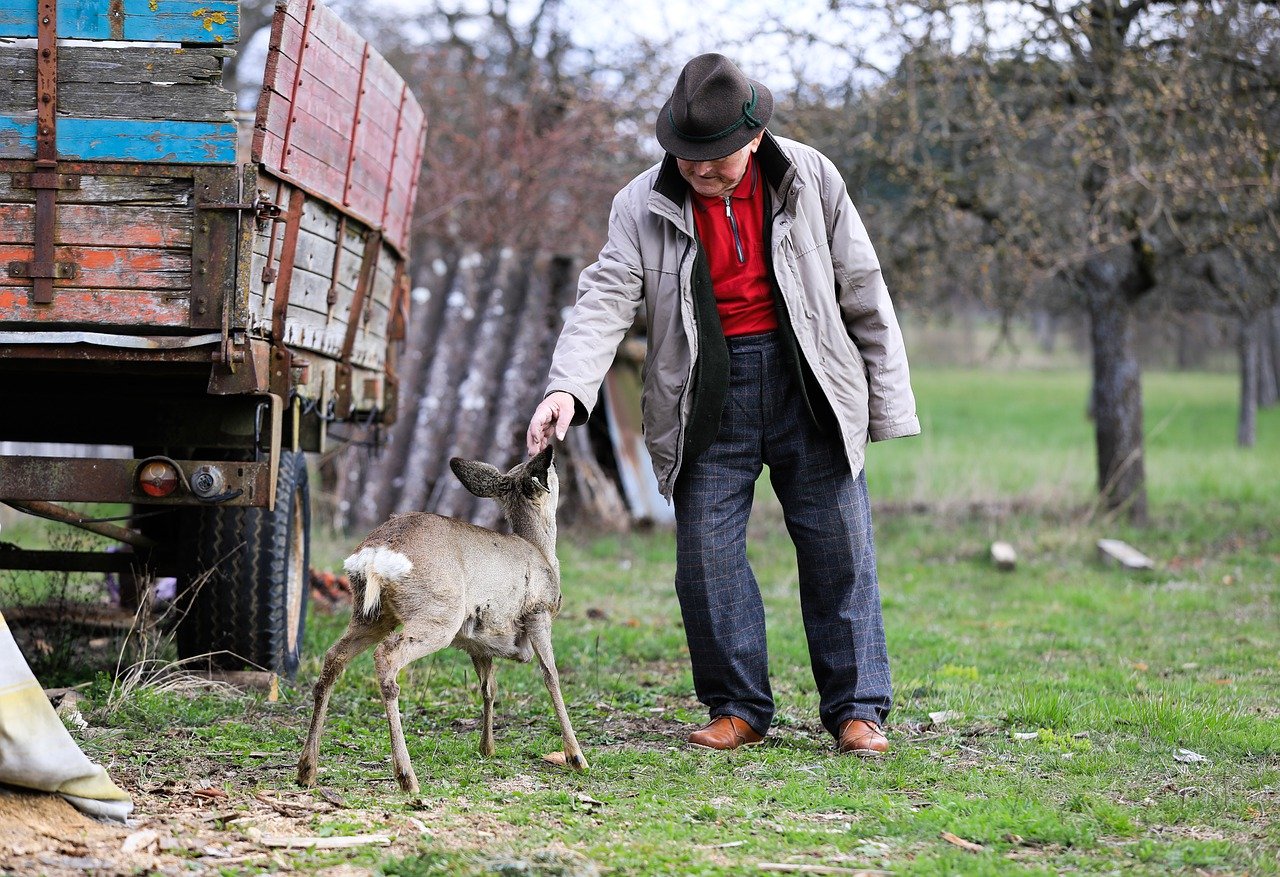
Tailored Exercise Routines
While senior pets may not be able to engage in vigorous activities like they once could, regular exercise is still vital for their health. Tailor exercise routines to your pet’s abilities. Short, frequent walks and gentle playtime can keep them active without overexertion. If your pet has mobility issues, consider low-impact activities like swimming or gentle stretching to promote flexibility.
Mental Stimulation
Keeping a senior pet mentally engaged is just as important as physical activity. Introduce puzzle toys, training sessions, or interactive games that challenge their minds. This stimulation can help prevent cognitive decline and keep their spirits high.
Comfort and Environment
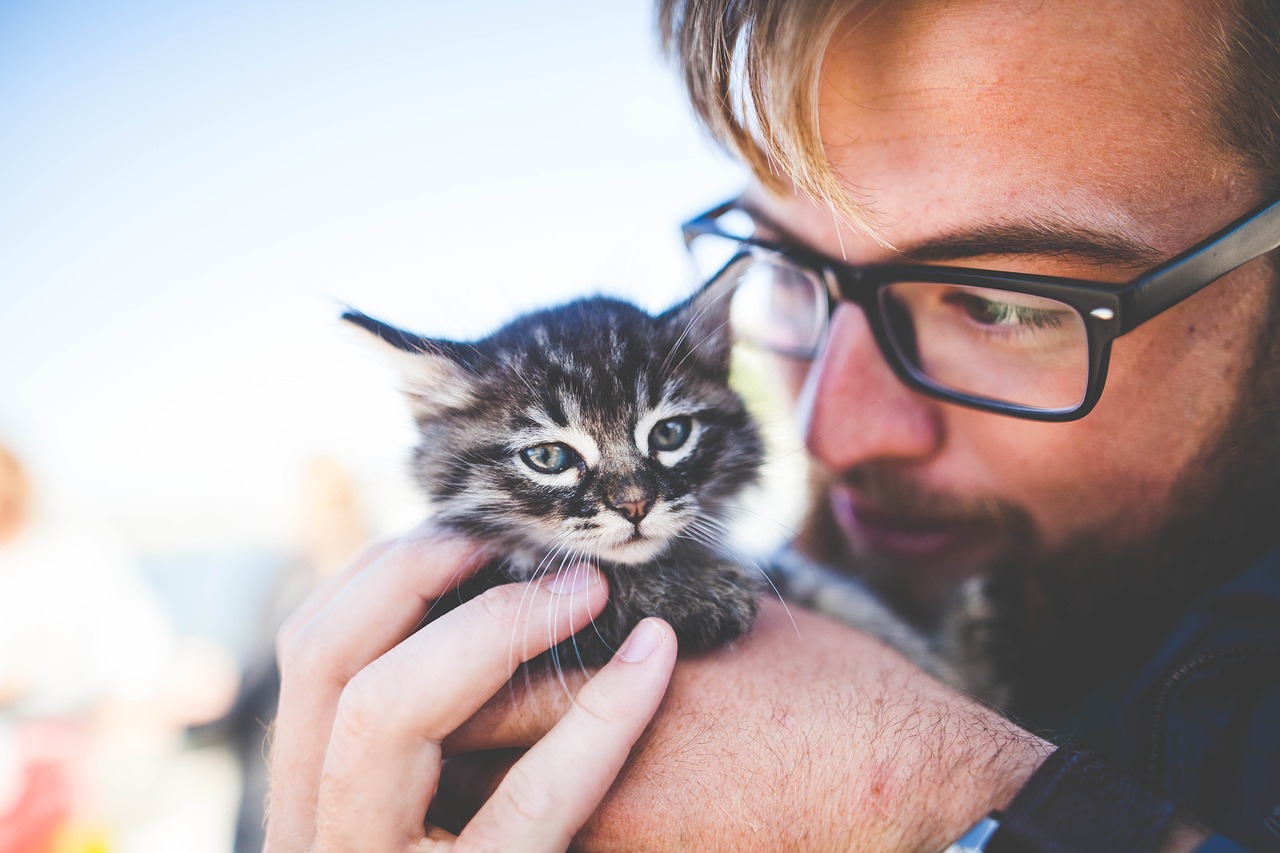
Creating a Cozy Space
As pets age, they may experience joint pain or discomfort. Providing a comfortable, quiet space for your senior pet is essential. Consider using soft bedding in a low, easily accessible area, away from drafts and noise. Elevated dog beds or orthopedic beds can provide added support for older joints.
Adjusting Living Conditions
Seniors may struggle with mobility, so it’s essential to make adjustments to your home environment. Consider removing obstacles that could cause falls, such as loose rugs or clutter. For pets that struggle with stairs, provide ramps or steps to help them access their favorite spots without injury.
Grooming and Hygiene
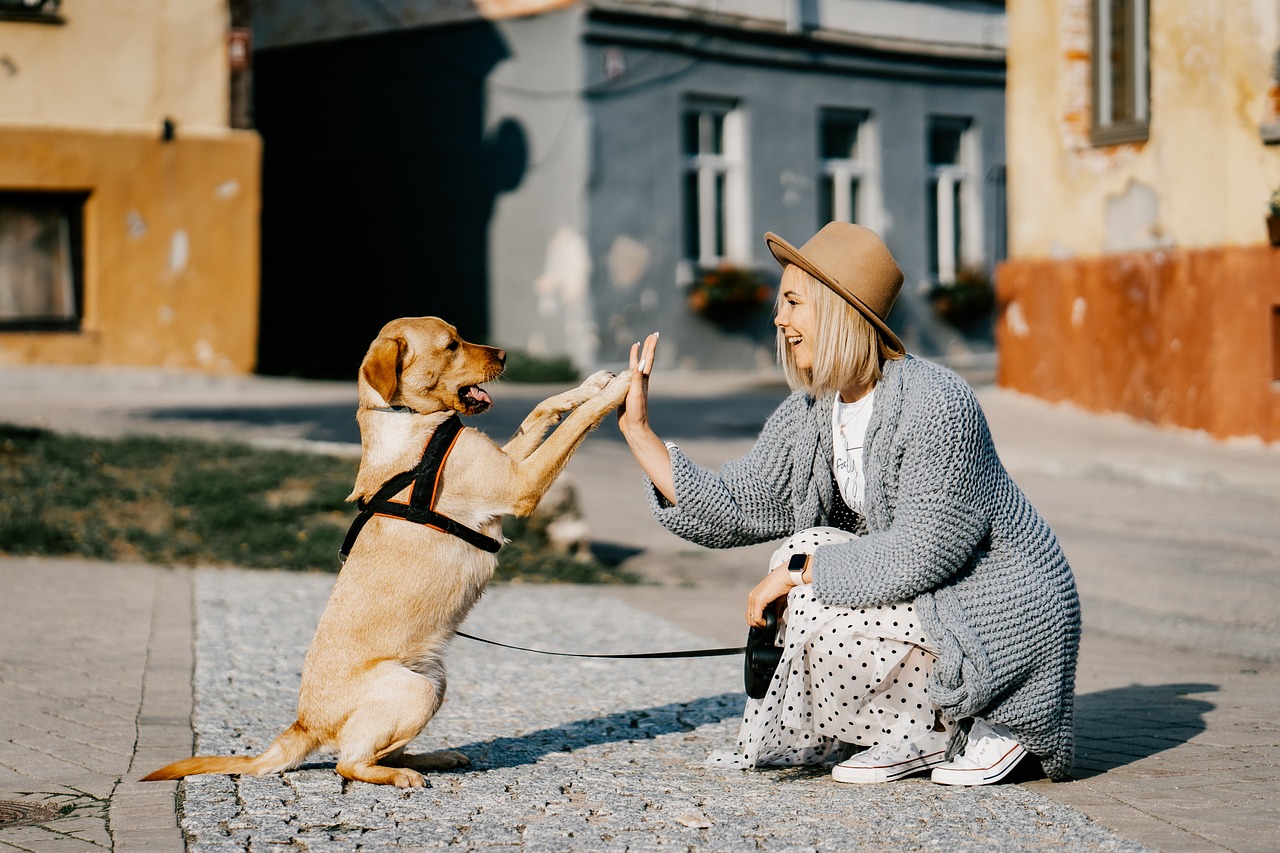
Regular Grooming
Senior pets may require more frequent grooming due to changes in their coats or skin. Regular brushing helps reduce shedding and matting while promoting healthy skin and fur. Pay special attention to their nails, as older pets may not wear them down as easily. Regular nail trimming is crucial to prevent discomfort and mobility issues.
Dental Care
Dental health is especially important for senior pets, as dental disease can lead to serious health problems. Schedule regular dental cleanings with your veterinarian and establish a routine at home that includes brushing your pet’s teeth and providing dental chews to promote oral health.
Monitoring Health
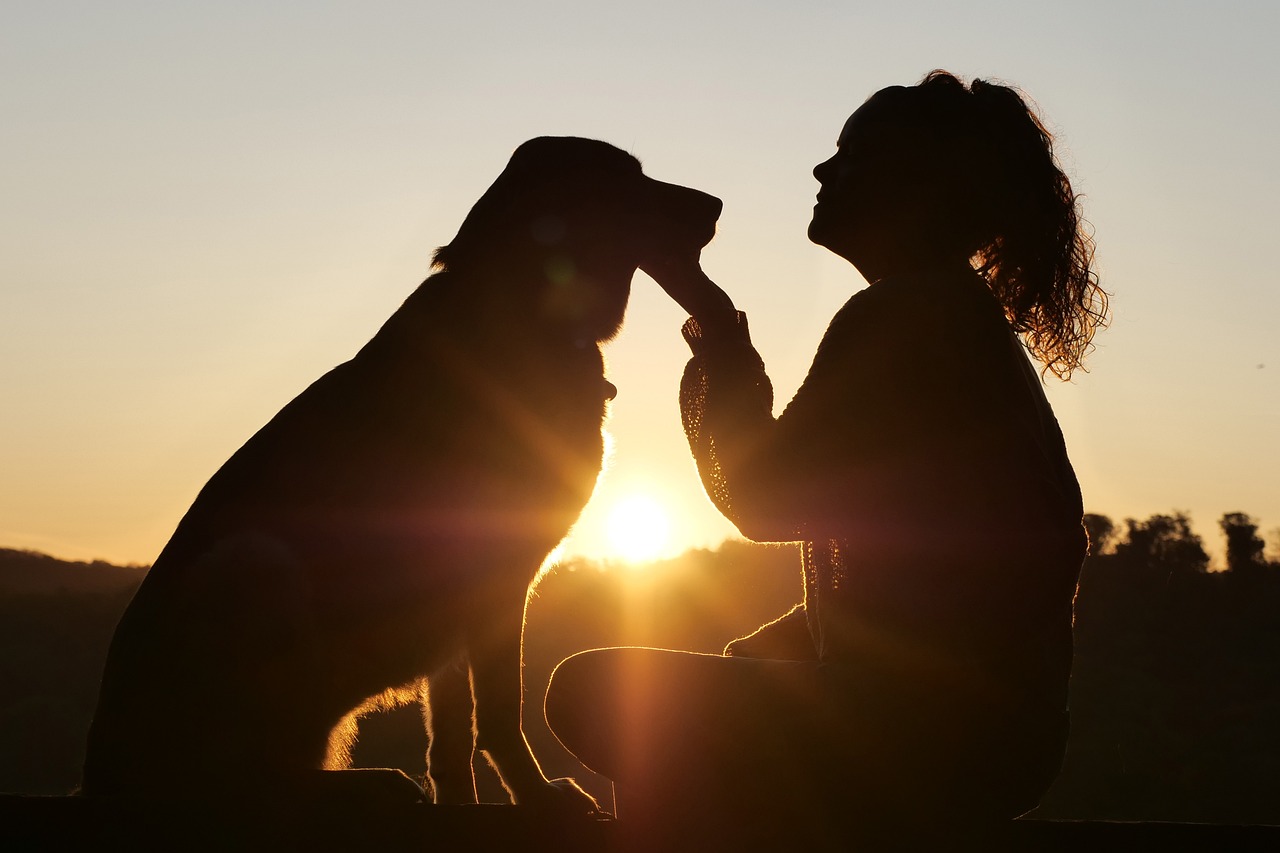
Observing Changes in Behavior
Pet owners should be vigilant about any changes in their senior pets’ behavior, appetite, or energy levels. Keep an eye out for signs of discomfort, such as limping, difficulty standing, or unusual vocalizations. Early detection of potential health issues can lead to more effective treatment and improved quality of life.
Maintaining a Health Journal
Consider keeping a health journal for your senior pet. Document any changes in behavior, diet, and medical visits. This record can be invaluable when discussing your pet’s health with the veterinarian, helping to track trends over time and ensure proper care.
Conclusion

Caring for a senior pet requires dedication and compassion, but the rewards of providing a loving home for an older animal are immeasurable. By focusing on nutrition, exercise, regular veterinary care, comfort, and hygiene, pet owners can help their senior companions lead happy, healthy lives. The bond between a pet and its owner becomes even more meaningful as they navigate the challenges of aging together. With the right care and attention, senior pets can thrive in their golden years, bringing joy and companionship to their owners.

